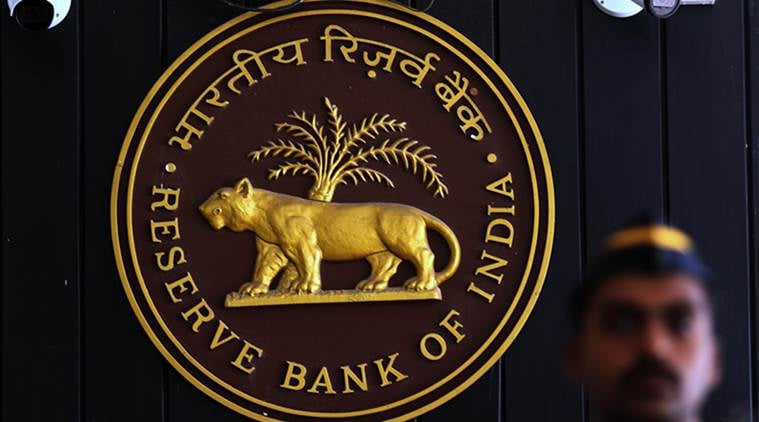RBI raises currency derivative trade limit to $100 million
Earlier, the RBI had imposed a limit of $15 million for USD-INR and $5 million for other currency pairs of Indian rupee with Euro, Japanese Yen and British Pound.
 The RBI’s decision to raise the limit will help entities engaged in forex transactions to maintain their currency risks in a better manner. (Express Photo: Pradip Das)
The RBI’s decision to raise the limit will help entities engaged in forex transactions to maintain their currency risks in a better manner. (Express Photo: Pradip Das)
The Reserve Bank of India has raised the exposure limit under exchange traded currency derivatives (ETCD) trading for residents and foreign portfolio investors (FPIs) to $100 million across all currency pairs involving the Indian rupee.
Earlier, the RBI had imposed a limit of $15 million for USD-INR and $5 million for other currency pairs of Indian rupee with Euro, Japanese Yen and British Pound. The RBI’s decision to raise the limit will help entities engaged in forex transactions to maintain their currency risks in a better manner.
“It has now been decided to permit persons resident in India and FPIs to take positions (long or short), without having to establish existence of underlying exposure, up to a single limit of $100 million equivalent across all currency pairs involving INR, put together, and combined across all exchanges,” the RBI said in a notification.
The RBI further said that the onus of complying with the provisions of this decision rests with the participant in the ETCD market. In the case of any contravention the participant shall be liable to any action that may be warranted as per the provisions of Foreign Exchange Management Act, 1999 and the regulations, directions, etc. issued thereunder, the RBI said.
“These limits shall also be monitored by the exchanges, and breaches, if any, may be reported to the Reserve Bank of India,” it said.
The RBI had earlier relaxed the documentation requirement for such trades. As a measure of liberalisation in the ETCD market, the RBI had said instead of the statutory auditor’s certificate, a signed undertaking to the effect from the Chief Financial Officer (CFO) or the senior most functionary responsible for the company’s finance and accounts and the Company Secretary (CS) may be produced. In the absence of a CS, the Chief Executive Officer (CEO) or the Chief Operating Officer (COO) can co-sign the undertaking along with the CFO.
With a view to bringing at par both exporters and importers the RBI has allowed importers to take appropriate hedging positions up to 100 per cent of the eligible limit. Importers were earlier permitted to hedge their contracted exposures in the ETCD market only up to 50 per cent of their eligible limit.
An exchange traded derivative is a financial instrument that trades on a regulated exchange, and whose value is based on the value of another asset. These are derivatives that are traded in a regulated fashion. These derivatives can be used to hedge exposure or speculate on a wide range of financial assets like commodities, equities, currencies, and even interest rates.



- 01
- 02
- 03
- 04
- 05



























